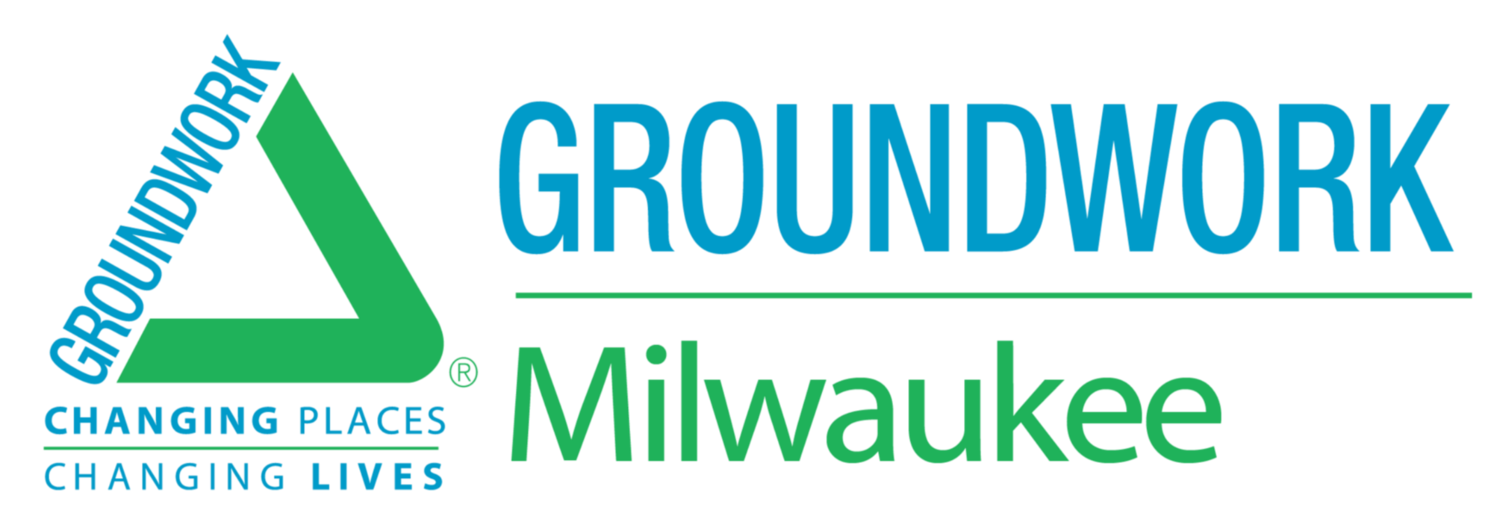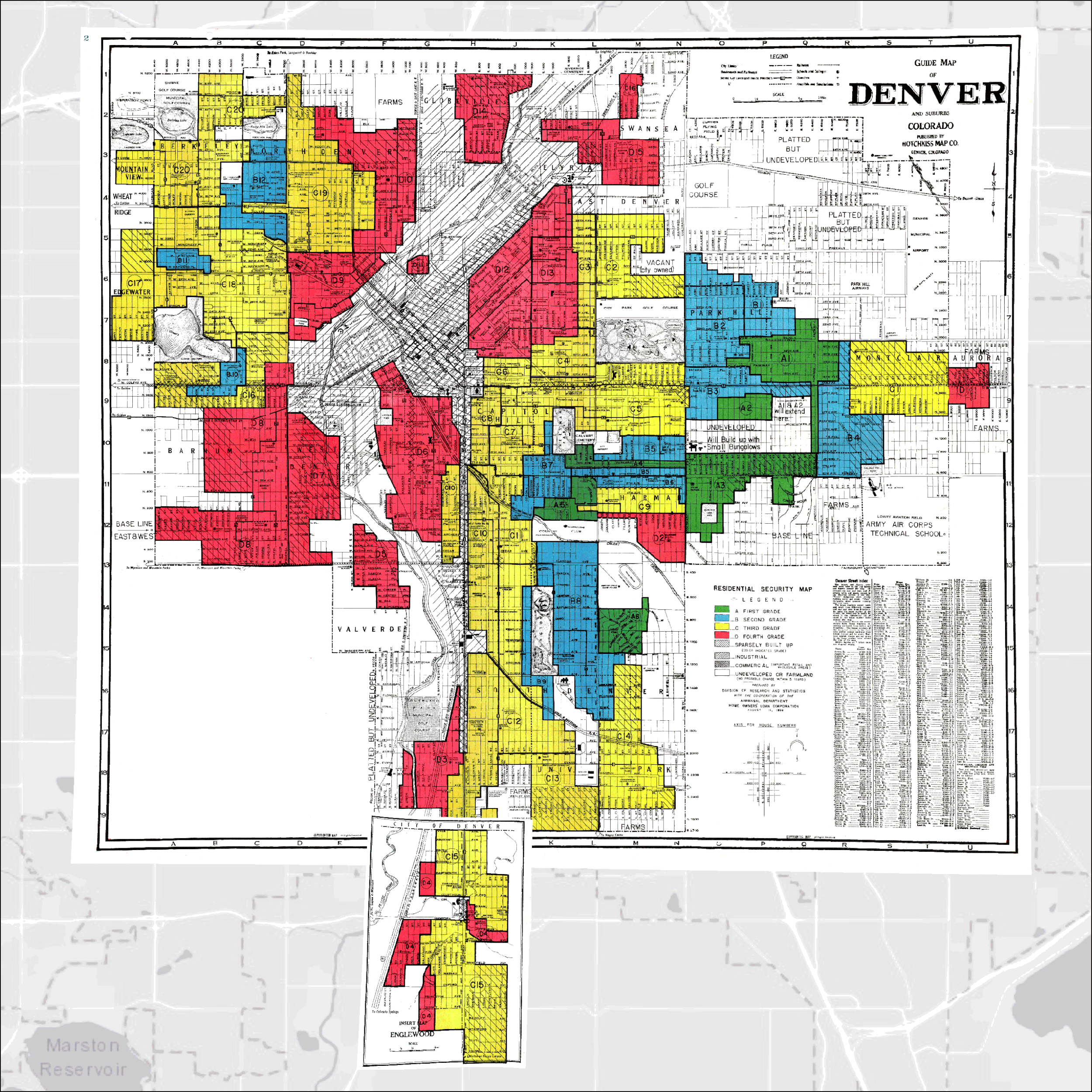How Decades of Racist Housing Policy Left Neighborhoods Sweltering
New York Times, August 24th, 2020
This article in the New York Times explores how the legacy of redlining has left certain neighborhoods disproportionately vulnerable to extreme heat which is predicted to increase as the climate changes. Groundwork’s Climate Safe Neighborhoods project is referenced as an example of climate resiliency advocacy work. View full story.
New York Times, August 24th, 2020
This article in the New York Times explores how the legacy of redlining has left certain neighborhoods disproportionately vulnerable to extreme heat which is predicted to increase as the climate changes. Groundwork’s Climate Safe Neighborhoods project is referenced as an example of climate resiliency advocacy work. View full story.
Healing Spaces Initiative: Where Flowers Bloom So Does Hope
Milwaukee Community Journal, March 23rd, 2021
The City of Milwaukee is launching the Healing Spaces Initiative in the Harambee neighborhood. Milwaukee’s Neighborhood Improvement Development Corporation (NIDC) will lead the city’s effort. Groundwork Milwaukee will play a large role in community outreach and construction of the healing spaces. View full story.
Healing Spaces Initiative: Where Flowers Bloom So Does Hope
Milwaukee Community Journal, March 23rd, 2021
The City of Milwaukee is launching the Healing Spaces Initiative in the Harambee neighborhood. Milwaukee’s Neighborhood Improvement Development Corporation (NIDC) will lead the city’s effort. Groundwork Milwaukee will play a large role in community outreach and construction of the healing spaces. View full story.
The Link Between Racist Housing Policies of the Past and the Climate Risks of Today
Yale Climate Connections, March 18th, 2021
Groundwork USA, a network of environmental justice organizations, is exploring the connection between formerly redlined neighborhoods and the climate crisis today. As part of its Climate Safe Neighborhoods initiative, Groundwork overlaid historic redlining maps from nine U.S. cities with data about tree cover, heat, and impervious surfaces such as asphalt and concrete. All of the maps discussed in this interview were made by Groundwork Milwaukee. View full story.
Yale Climate Connections, March 18th, 2021
Maps of Denver show neighborhoods, outlined in red, that were once redlined. Today, such neighborhoods often have fewer trees and experience hotter temperatures in summer than other neighborhoods nearby. (Images credit: Groundwork Milwaukee)
Groundwork USA, a network of environmental justice organizations, is exploring the connection between formerly redlined neighborhoods and the climate crisis today. As part of its Climate Safe Neighborhoods initiative, Groundwork overlaid historic redlining maps from nine U.S. cities with data about tree cover, heat, and impervious surfaces such as asphalt and concrete. All of the maps discussed in this interview were made by Groundwork Milwaukee.
Mapping Project Explores Links Between Historic Redlining and Future Climate Vulnerability
WBUR-Boston, March 6th, 2021
This story on Boston’s local NPR station, WBUR discusses Groundwork USA’s Climate Safe Neighborhoods efforts in the Lawrence, MA area. All of the maps discussed in this story were made by Groundwork Milwaukee! Learn more about Climate Safe Neighborhoods below. View full story.
WBUR-Boston, March 6th, 2021
A map animation comparing historical redlining boundaries to current landcover and surface temperature in Haverhill, MA. Groundwork Milwaukee has made maps similar to these for nine cities. In each instance their is a strong relationship between historical practices of segregation and current vulnerability to climate change.
This story on Boston’s local NPR station, WBUR discusses Groundwork USA’s Climate Safe Neighborhoods efforts in the Lawrence, MA area. All of the maps discussed in this story were made by Groundwork Milwaukee! Learn more about Climate Safe Neighborhoods below.
Black History Month Event Honors Pioneers
Sierra Club-Wisconsin Chapter, February 20th, 2020
On February 17th, 2020, eleven activists from the Milwaukee African American community received honors as "Environmental Pioneers" at a Black History Month presentation held at the Wisconsin Black History Society Museum. View full story.
Sierra Club-Wisconsin Chapter, February 20th, 2020
On February 17th, 2020, eleven activists from the Milwaukee African American community received honors as "Environmental Pioneers" at a Black History Month presentation held at the Wisconsin Black History Society Museum.
Milwaukee Urban Farm Plows Ahead Despite Coronavirus Pandemic
WUWM, August 31st, 2020
WUWM’s Susan Bence talks with Groundwork’s Damien DeBuhr and Samson Srok about the Maglio Farm and its support of local food systems including a discussion of farm operations, COVID-19 safety protocols for workers and volunteers, and Fresh Food Connect. View full story.
WUWM, August 31st, 2020
Small groups of volunteers have been helping Groundwork Milwaukee keep up with 11 hooop houses in which 12,000 pounds of produce are grown in a season (Susan Bence for WUWM).
WUWM’s Susan Bence talks with Groundwork Milwaukee’s Damien DeBuhr and Samson Srok about the Maglio Farm and its support of local food systems including a discussion of farm operations, COVID-19 safety protocols for workers and volunteers, and Fresh Food Connect.














